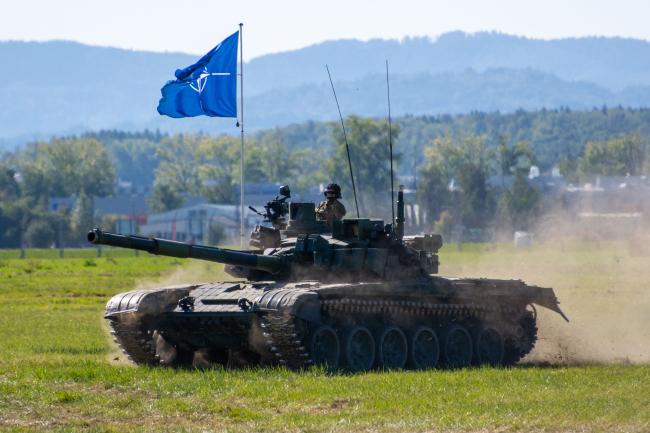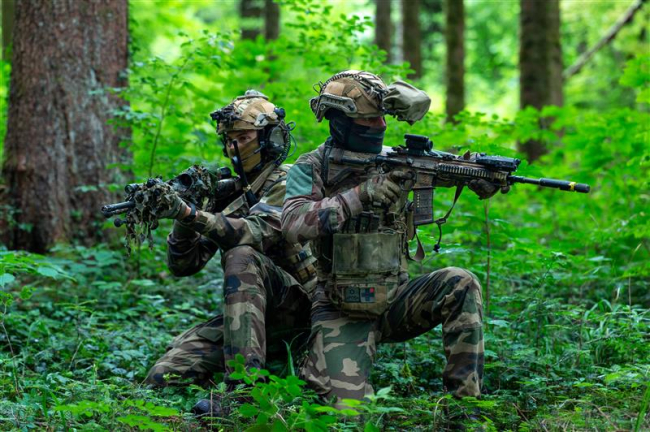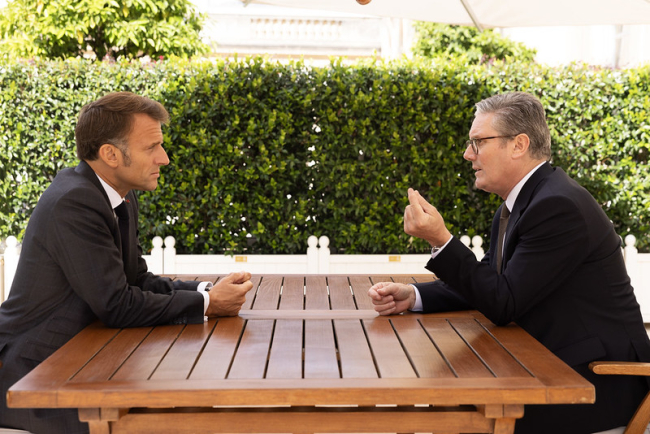France’s Place Within NATO: Toward a Strategic Aggiornamento?
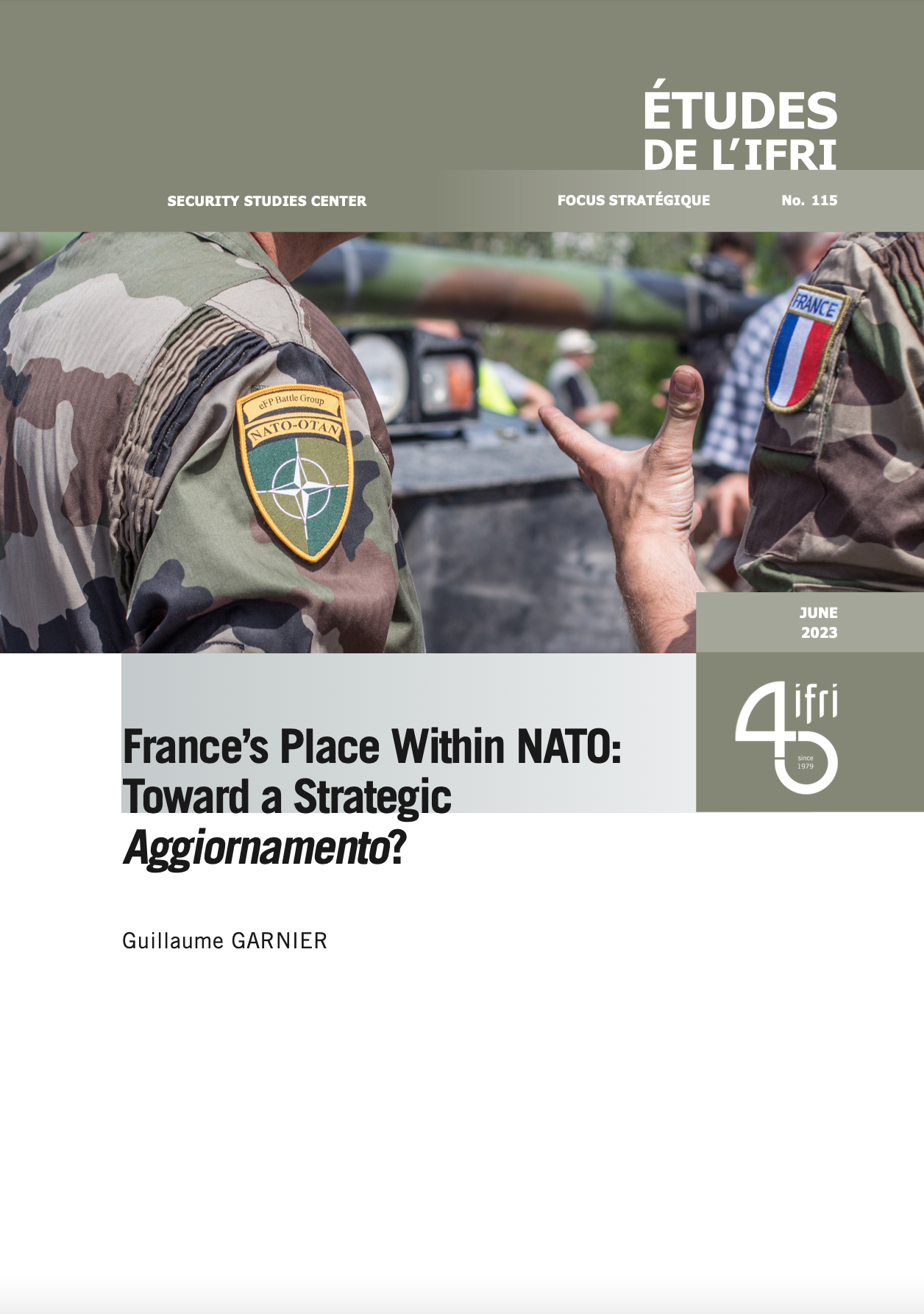
With a rapidly deteriorating security environment, a chaotic withdrawal from Afghanistan, internal disputes exploding into public view, and questions being raised about the scope of its security responsibilities, the North Atlantic Treaty Organization (NATO) seemed to be in dire straits at the time of Russia’s invasion of Ukraine on February 24, 2022.
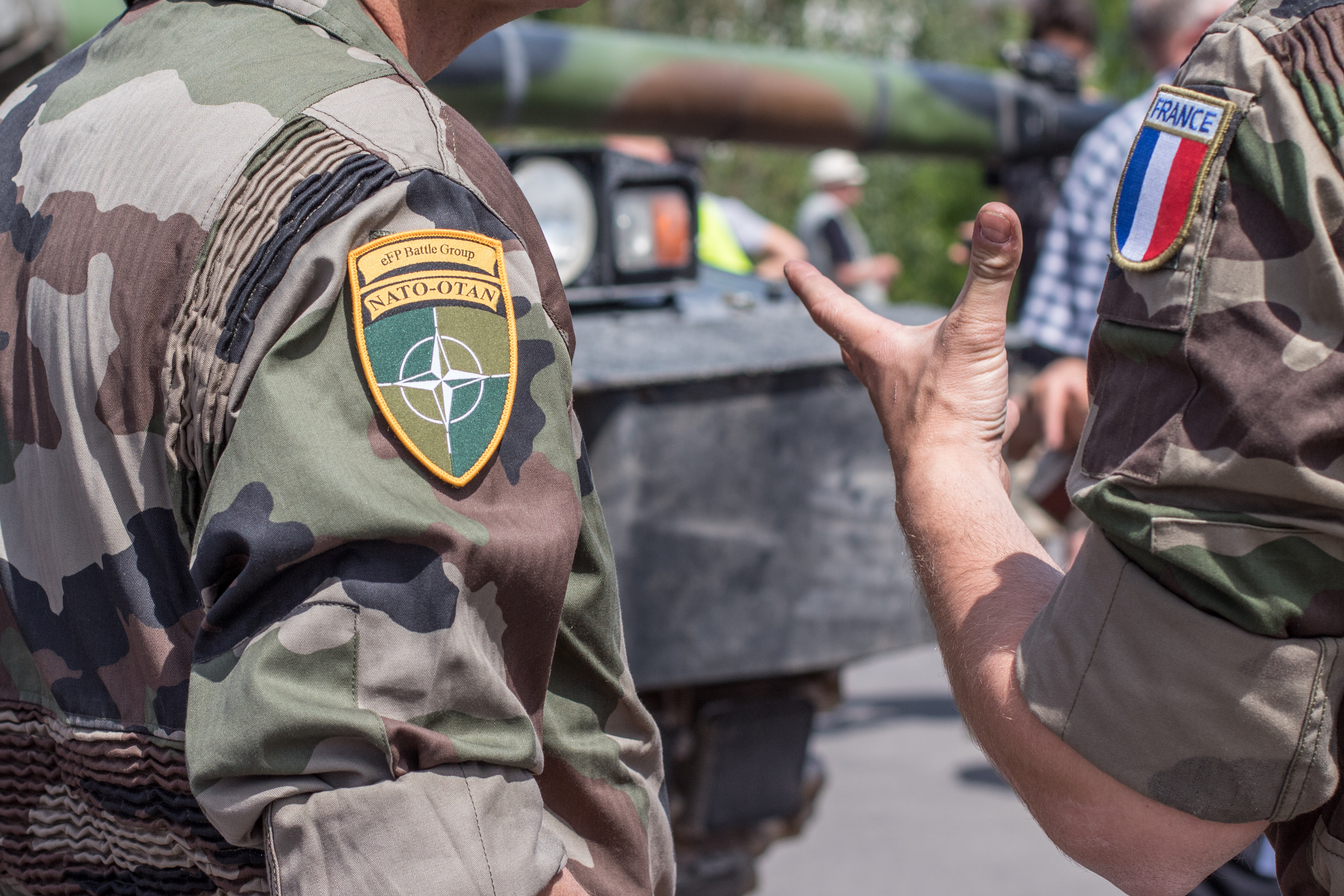
The new Strategic Concept, agreed at the Madrid Summit in June 2022, is intended to act as a response to this major turning point and represents the culmination of a process of introspection following President Emmanuel Macron’s comment in an interview with The Economist describing the organization as “brain dead”. The Strategic Concept document sees the Alliance updating both its political and strategic goals. The repercussions of this aggiornamento for France’s defense policy and its armed forces tend to be somewhat underestimated by Paris.
Rather than examining the relationship between France and NATO, a subject already widely covered elsewhere, the aim of this study is to dissect the concrete aspects, primarily military but also political, that stem from this systemic shift within NATO and to analyze its potential consequences for the French defense apparatus. How should France handle these changes, and how can it take advantage of them? The central element of the 2022 Strategic Concept is the return of NATO to its primary function: the collective defense of member states on the eastern flank against its traditional rival, Russia, in respect of both conventional and nuclear threats. Without neglecting other aspects of the concept, it is therefore primarily in relation to the future “deterrence and defense (DDA)” posture, which will be denser and more responsive, that France needs to position itself. For the internal balances within NATO will be radically altered, in a European context where, despite significant disparities, defense budgets are on the rise again, and indeed accelerating in the case of Eastern European and Nordic countries. These financial and military contributions determine the level of responsibility, and therefore the political weight, attributed to each Ally.
What role can France play in this context? France has a great many military assets it can bring to bear within NATO: tried-and-tested armed forces, a responsive force structure, expertise in all fields of defense, and a capacity for strategic analysis of issues that extend beyond the Euro-Atlantic area. Its structural weight in the organization is also substantial, often placing it second only to the United States depending on the criteria used. However, France does not always seem to take optimal advantage of these levers of influence. It does not always succeed in building solid internal coalitions and lacks any established club of military affiliates.

Available in:
Themes and regions
ISBN / ISSN
Share
Download the full analysis
This page contains only a summary of our work. If you would like to have access to all the information from our research on the subject, you can download the full version in PDF format.
France’s Place Within NATO: Toward a Strategic Aggiornamento?
Related centers and programs
Discover our other research centers and programsFind out more
Discover all our analysesSaudi Arabia’s Nuclear Temptations. Lessons Learned from Regional Instability
Saudi Arabia’s integration in the international arena and regional stability, notably through reducing its dependence on fossil energies, are crucial elements for the success of the Kingdom’s Vision 2030, the Crown Prince’s top priority. However, Mohammed bin Salman’s declarations in 2018 and 2021, indicating that “if Iran develops a nuclear bomb, we will follow suit as soon as possible”, combined with the recent strikes on key Iranian nuclear facilities, do not bode well for the future of the Kingdom, the region and the non-proliferation regime at large.
The Future of Air Superiority. Command of the Air in High Intensity Warfare
Air superiority, understood as control of the air, is a cornerstone of the Western art of warfare. It is a decisive condition, albeit not sufficient by itself, to achieve military victory, as it enables the concentration of air power toward the achievement of wider strategic objectives and protects other components from unbearable attrition levels. It is best achieved through the offensive use of air power in a joint effort to neutralize the enemy’s air power.
Europe Uncovered?
As Russia continues to threaten Europe, the Trump administration is making no secret of its desire to withdraw—at least partially—from the defense of the Old
Continent in order to focus on strategic competition with China. It is thus putting pressure on its European allies to increase their investment in the military sector. The NATO Summit in The Hague in June 2025 resulted in ambitious commitments by member states to increase their defense spending.
How should Britain and France cooperate to realise the Northwood Declaration?
During his state visit to the United Kingdom (UK) last week, Emmanuel Macron, President of France, signed a joint declaration with Sir Keir Starmer, Prime Minister, on nuclear cooperation between Britain and France. The Northwood Declaration highlights that while both countries’ nuclear arsenals remain sovereign, cooperation on nuclear deterrence can ‘contribute significantly’ to the security of the North Atlantic Treaty Organisation (NATO) and the Euro-Atlantic region.








